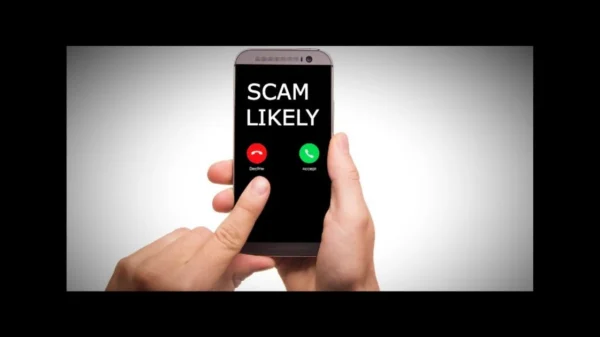On Thursday, Florida Attorney General Ashley Moody issued a Consumer Alert warning about an increase in coronavirus related robocalls.
“Even before the crisis, robocalls were a continuing problem for many Floridians. Now that more Floridians than ever are working remotely and responding to an increasing volume of phone calls, some may find it difficult to ignore unknown numbers,” Moody’s office noted.
“Times of crisis can bring out the best in people, as we are seeing with our brave medical professionals and first responders who are answering the call of duty in the face of this deadly pandemic. Sadly, they can also bring out the worst in people, like scammers exploiting the fear surrounding these challenging times, to try and steal personal or financial information. Floridians need to be on high alert to guard against scams—especially robocalls claiming to offer COVID-19 related products or benefits,” Moody said.
“There are recent reports of robocalls that offer everything from COVID-19 treatments and cures to work-from-home schemes,” Moody’s office noted. “Robocalls often claim that pressing a number will direct the recipient of the call to a live operator or even remove the recipient from the caller’s robocall list, but don’t buy it. Pressing any button on the phone will likely lead to more robocalls.”
Other tips provided by Moody’s office to avoid COVID-19 robocall scams include:
- Do not trust Caller ID displays. Spoofing technology allows scammers to change phone displays to impersonate government agencies;
- Ignore robocalls, especially recordings offering vaccinations and home test kits. Scammers are trying to sell products not proven to treat or prevent COVID-19;
- Fact-check information. Scammers, and sometimes well-meaning people, share information that hasn’t been verified. Before taking action or passing along any messages, check it out with trusted sources; and
- Consider using a call blocking app or device. Consumers should contact phone providers about available call-blocking options. To learn more, visit FTC.gov/calls.
Floridians should report robocalls to the FTC online at FTC.gov/complaint. Additionally, Floridians should be on the lookout for robocalls or any other messages attempting to exploit COVID-19 stimulus payments—as direct deposits are being made now.



















